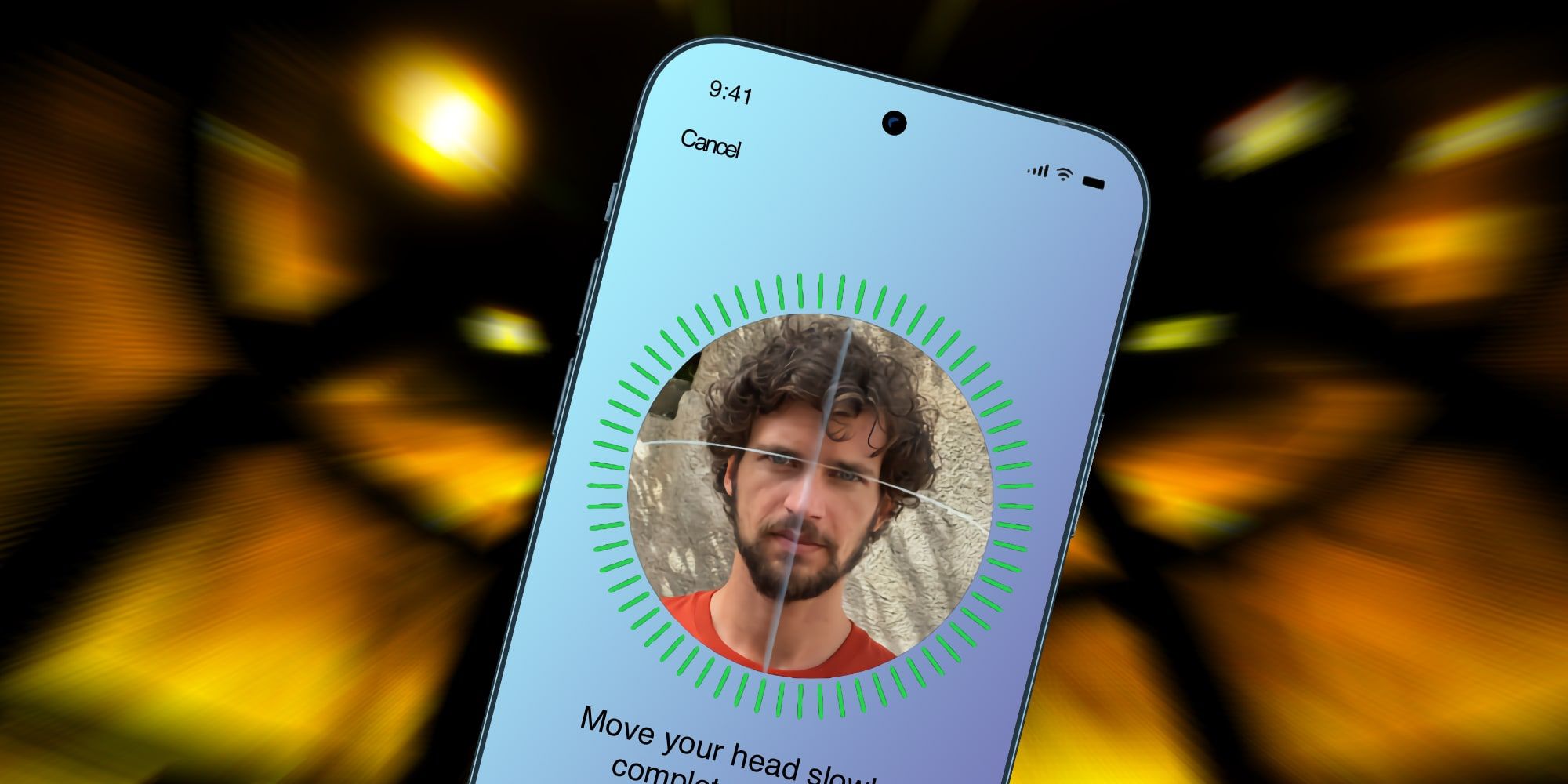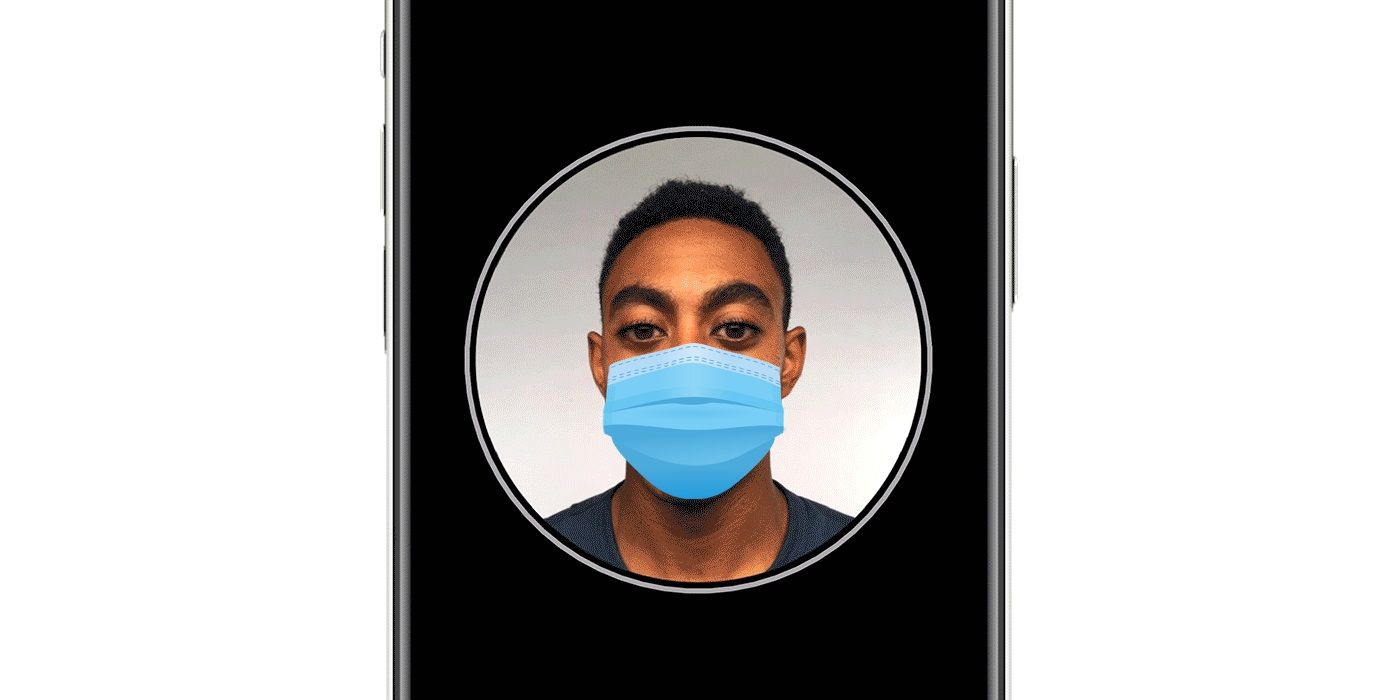It looks like iPhone is gaining the ability to use Face ID even when its owner is wearing a protective mask, thanks to improvements that Apple is making to iOS. While this new capability appears only in a developer beta at the moment, it seems likely that this feature will eventually become available to every iPhone with Face ID technology. The good side of this news is that it makes using Apple's flagship iPhone much easier during the pandemic, but it is also raising some privacy concerns as well.
Apple has a strong focus on the privacy and security of the vast amount of important personal data that's stored on an iPhone. Authentication technology is a critical feature for keeping the user's information safe from hackers, thieves, advertisers, and even government agencies that might be tempted to overstep legal bounds. Modern mobile phones must be secure and biometric authentication with Touch ID's fingerprint sensor or Face ID's facial recognition technology is the best way to take care of this need.
Apple's Face ID is a very important part of an iPhone and it's great that Apple is continually working to improve this system. The latest update to the iOS 15.4 developer beta brings a new option for Face ID, the ability for the iPhone to unlock even when the user is wearing a mask. It's great news for iPhone owners, but it has caused some privacy concerns. The controversy stems from the advancement of facial recognition in general. Apple's new system hopes to positively identify a person while only the upper part of the face is exposed, by checking the skin around the eyes. Going even further, the user can be wearing glasses, partially obscuring that area as well. This is very impressive technology, but what if it falls into the wrong hands? With such an improvement in the accuracy of facial recognition, it is understandable that some would be concerned.
Is Apple's New Face ID Dangerous?
Apple's primary concern is assisting iPhone customers with unlocking their phone using Face ID, quickly, easily and without compromising security. That is entirely understandable and removes a significant headache that arose when protective masks became commonplace. Making an iPhone easier to use makes it more valuable and will help future sales. It's the right thing for Apple to do and a good thing for current owners of the iPhone 12 and 13 series that seem likely to get this capability.
Extrapolating a dark future of surveillance enhanced with this more advanced facial recognition technology is appropriate, but it's unfair to place the blame for this possibility on Apple. Research into identifying a person using their facial features began in the 1960s, a fertile period for computer ideas. Some of the most advanced versions probably already exist and are in use by government agencies around the world as part of their national defense programs. Apple's new technology is great for the iPhone but it is unlikely to represent a major breakthrough when compared to existing systems that take full advantage of powerful computers to identify people.
Source: Apple


